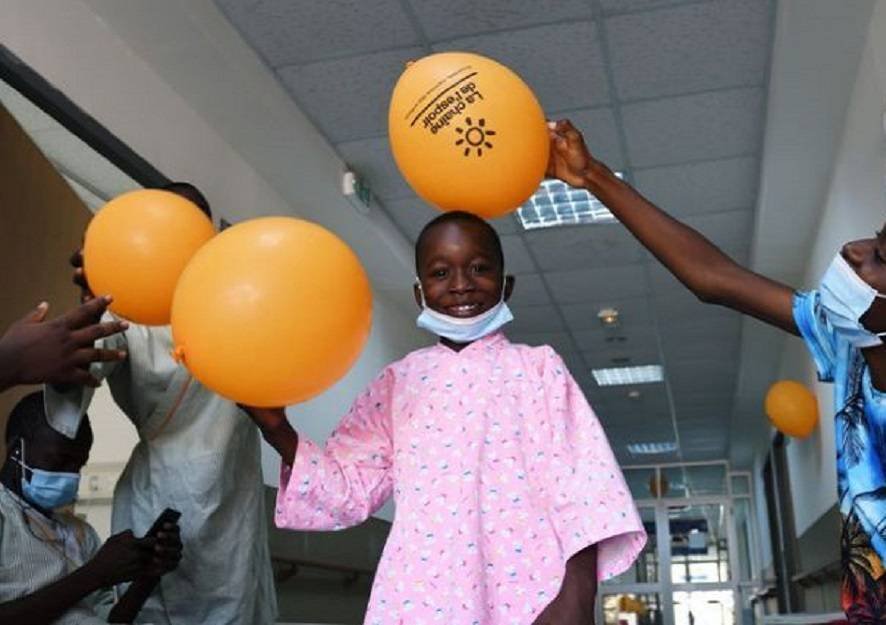There was great mood of jubilation at a Burkina Faso teaching hospital after five children successfully underwent open-heart surgery. The historic surgery was credited to French charity La Chaine de l’Espoir, whose members are in Burkina Faso for a week-long surgical campaign at the Tengandogo University Hospital in Ouagadougou, the capital of the country.
All the five children, born with similar heart defects, are now recovering after the five-hour operation led by European doctors with help from health officials from Burkina Faso, according to Reuters.
“It’s largely about forming a team that can operate alone on children here, and we can stop having to transfer them to Morocco, to Tunisia, to France,” said Eric Cheysson, La Chaine de l’Espoir’s president.
The big surgery is a pacesetter towards reshaping the lagging behind of the health sector in Burkina Faso. According to the WHO, Burkina Faso suffers from a severe lack of qualified health workers at all levels including support staff. Only a few hospitals have the efficiency and capacity for surgeries while doctors are usually found only in district hospitals.
Since surgery began in the world in the late 1800s, it was often met with infections and other complications that sometimes resulted in death. This was however, due to the absence of improved technologies and early surgeries were without recent advanced techniques, while anesthesia became common only in the mid-to-late 1800s. By the 1900s, the risk of losing one’s life after surgery was less than 50 percent. Since then, surgery has progressed, leading to fewer complications and improved outcomes.
In recent years, the surgical field has witnessed some mind-blowing incisions that have saved precious lives and transformed others. In October, 2020, “awake craniotomy” was operated for the first time at the Nairobi Hospital in Kenya to remove a brain tumor, while the patient was fully awake in order for the neurosurgeons to have real-time feedback on what they were doing.

